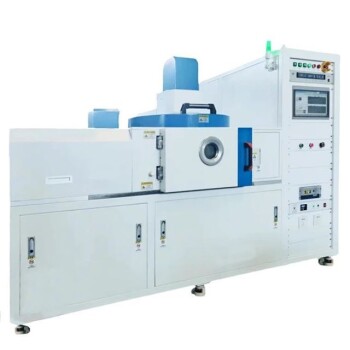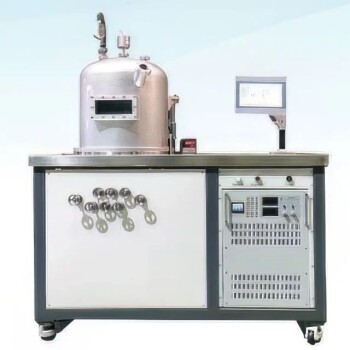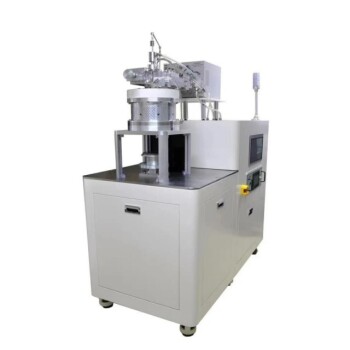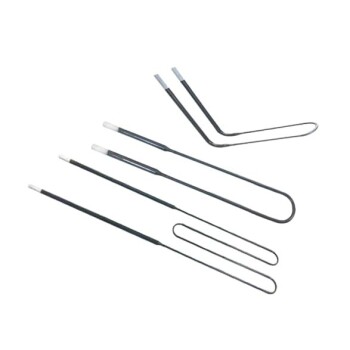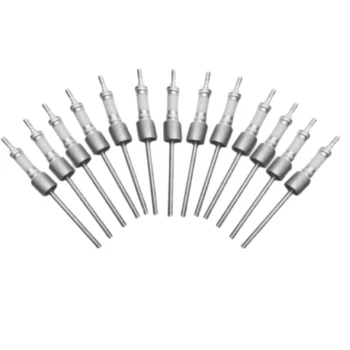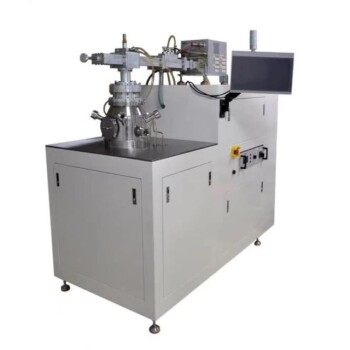In industrial heating processes, the four primary benefits of implementing advanced power control are superior energy efficiency, pinpoint temperature precision, extended heater lifespan, and enhanced operational safety. These systems move beyond simple on/off switching to intelligently modulate power, directly impacting both process outcomes and your bottom line.
The core takeaway is that advanced power control is not just an upgrade; it's a strategic shift from crude power application to precise energy delivery. This shift reduces the total cost of ownership by saving energy, preventing equipment failure, and improving final product quality.
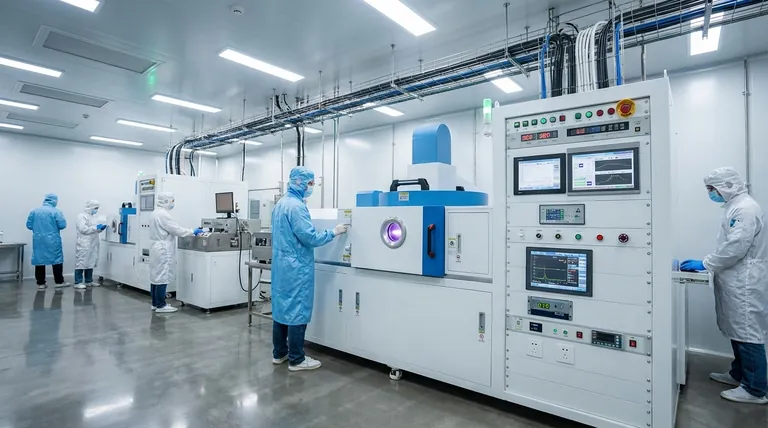
Benefit 1: Achieving Superior Energy Efficiency
The most immediate return on investment from advanced power control comes from a significant reduction in wasted energy.
From "On/Off" to Intelligent Modulation
Traditional mechanical contactors operate on an all-or-nothing basis. This crude "bang-bang" control method is inherently inefficient, often leading to significant temperature overshoot.
Advanced controllers using Silicon Controlled Rectifiers (SCRs) replace this with precise modulation. Techniques like zero-cross firing and phase angle firing deliver the exact amount of energy needed, eliminating the waste associated with constantly overshooting your temperature setpoint.
Reducing Costly Power Demand Charges
By avoiding the massive inrush currents typical of full-power starts, advanced controllers can lower your peak power demand. This directly reduces demand charges, which can constitute a large portion of an industrial electricity bill.
Benefit 2: Ensuring Pinpoint Temperature Precision
For high-specification processes, temperature variation is the enemy of quality. Advanced control provides the stability required for repeatable, high-quality output.
The Problem with Thermal Lag
In any heating system, there is a delay between when power is applied and when the temperature actually rises. Simple controllers cannot account for this thermal lag, leading to a constant cycle of over- and under-shooting the target temperature.
How Advanced Firing Unlocks Precision
Phase angle firing allows for extremely fine, near-infinite resolution in power output, making it ideal for processes with fast dynamics or low mass. This method can hold temperatures to within a fraction of a degree.
This level of control is critical in industries like semiconductor manufacturing, plastics extrusion, and food processing, where slight temperature deviations can lead to scrapped product.
Benefit 3: Extending Heater Lifespan and Reliability
Heater elements are consumable components, but their lifespan can be dramatically increased with intelligent power management.
The Damage of Thermal Shock
Slamming a heater element with 100% power from a cold start causes immense thermal and mechanical stress. This repeated shock cycle is the leading cause of premature heater failure, leading to unplanned downtime and replacement costs.
The Role of a "Soft Start"
Advanced SCR controllers utilize a soft-start function, which gently ramps up voltage to the heater over a short period. This gradual warming process drastically reduces stress on the element, significantly extending its operational life.
Proactive Failure Detection
Many advanced controllers also include diagnostic capabilities. They can detect open circuits (a failed heater), shorted SCRs, or changes in heater resistance, allowing maintenance teams to address issues proactively before a line-down failure occurs.
Understanding the Trade-offs: Advanced vs. Basic Control
While the benefits are clear, adopting advanced control requires a full understanding of the trade-offs involved.
Initial Cost vs. Total Cost of Ownership
An SCR power controller has a higher upfront purchase price than a simple mechanical contactor. However, the savings from energy efficiency, reduced heater replacement, and minimized scrap often result in a much lower total cost of ownership and a rapid payback period.
Simplicity vs. Capability
A mechanical contactor is simple to wire and requires no programming. An advanced controller requires proper configuration of parameters like firing mode, soft-start duration, and current limits. This requires a higher level of technical skill but unlocks vastly superior performance.
System-Level Thinking
An advanced controller is not a magic bullet. Its performance is dependent on the quality of the temperature sensor (thermocouple), the design of the heater, and its integration with the master PLC or control system. A holistic system view is essential for success.
Making the Right Choice for Your Goal
To select the right approach, align the control technology with your primary business objective.
- If your primary focus is minimizing operational costs: The energy savings and extended heater lifespan delivered by an SCR controller present a clear financial advantage over basic contactors.
- If your primary focus is maximizing product quality: The pinpoint temperature precision of advanced phase angle or zero-cross control is non-negotiable for creating consistent, on-spec products.
- If your primary focus is increasing uptime and reliability: The soft-start and built-in diagnostic features of an advanced controller will directly reduce unplanned downtime from heater failures.
Ultimately, investing in advanced power control empowers you to manage your thermal processes with intention and precision.
Summary Table:
| Benefit | Key Features |
|---|---|
| Superior Energy Efficiency | Reduces wasted energy, lowers demand charges, uses SCRs for modulation |
| Pinpoint Temperature Precision | Holds tight tolerances, ideal for high-spec processes like semiconductor and food |
| Extended Heater Lifespan | Reduces thermal shock with soft-start, enables proactive failure detection |
| Enhanced Operational Safety | Minimizes risks from power surges and equipment failures |
Ready to optimize your industrial heating with advanced power control? Contact KINTEK today to leverage our expertise in high-temperature furnace solutions. We provide tailored systems like Muffle, Tube, Rotary, Vacuum & Atmosphere Furnaces, and CVD/PECVD Systems, backed by deep customization to meet your unique needs—enhancing efficiency, precision, and reliability for your laboratory.
Visual Guide
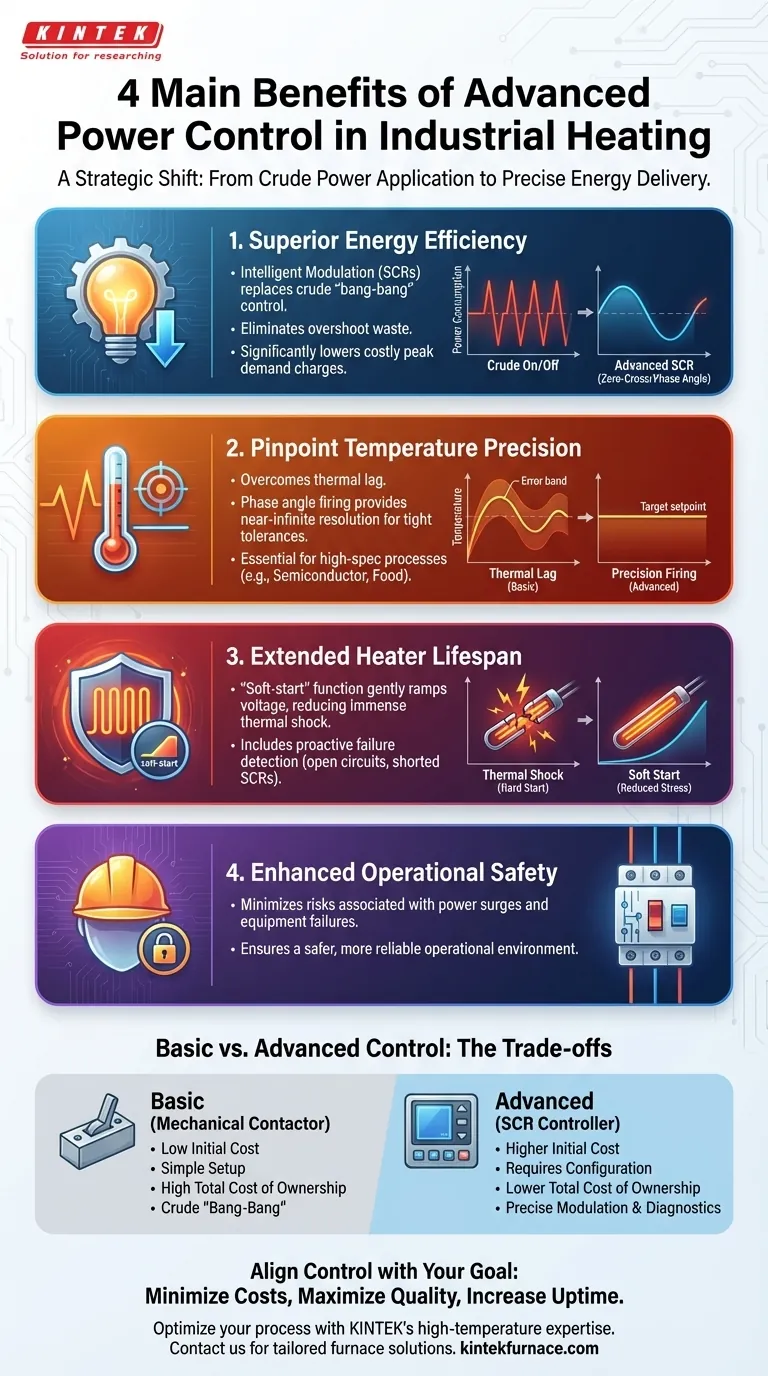
Related Products
- RF PECVD System Radio Frequency Plasma Enhanced Chemical Vapor Deposition
- HFCVD Machine System Equipment for Drawing Die Nano Diamond Coating
- MPCVD Machine System Reactor Bell-jar Resonator for Lab and Diamond Growth
- Molybdenum Disilicide MoSi2 Thermal Heating Elements for Electric Furnace
- Ultra Vacuum Electrode Feedthrough Connector Flange Power Lead for High Precision Applications
People Also Ask
- What is PECVD and how does it differ from traditional CVD? Unlock Low-Temperature Thin Film Deposition
- How does plasma enhanced CVD work? Achieve Low-Temperature, High-Quality Thin Film Deposition
- What is the second benefit of deposition within a discharge in PECVD? Enhance Film Quality with Ion Bombardment
- How does plasma vapor deposition work? A Low-Temperature Solution for Advanced Coatings
- Is PECVD directional? Understanding Its Non-Line-of-Sight Advantage for Complex Coatings
